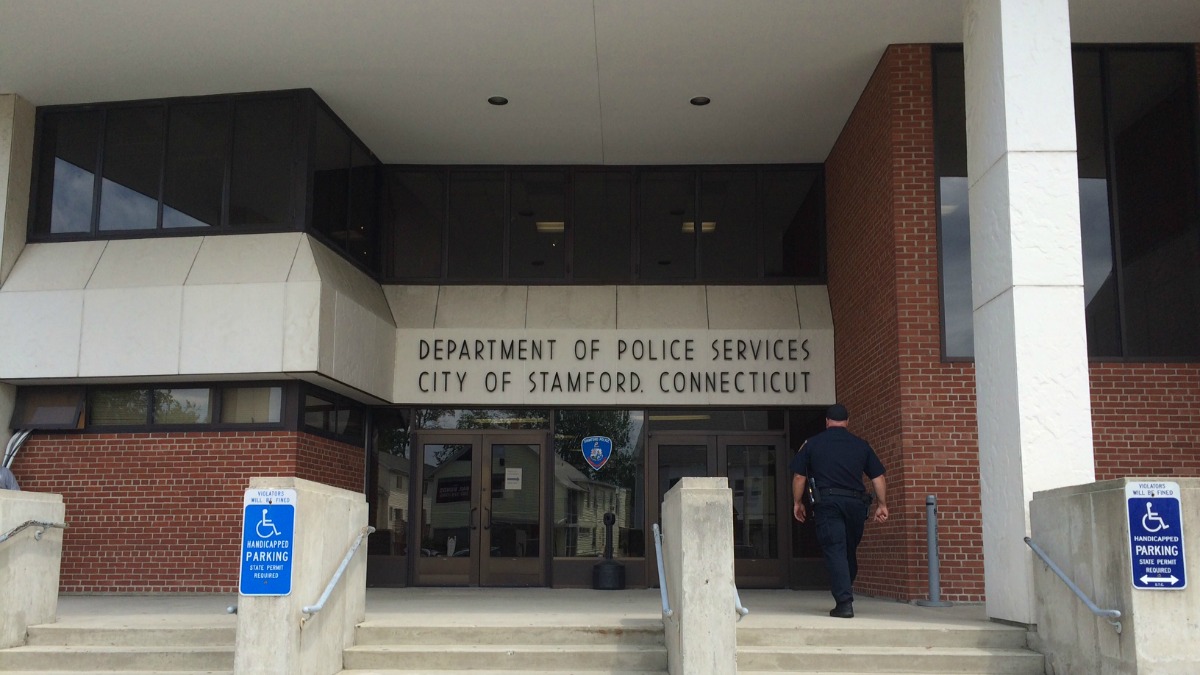Connecticut is ending a long-standing religious exemption from immunization requirements for schools and the governor has signed the bill into law.
“This is an issue that I have spent a lot of time researching and discussing with medical experts, and it is something that I take very seriously knowing the public health impact that it has on our children, families, and communities,” Gov. Ned Lamont said in a statement Wednesday.
Wednesday afternoon the CT Freedom Alliance and We the Patrics USA outlined plans to file state and federal lawsuits seeking to reinstate the religious exemptions. They argue the new law is an infringement on their religious freedom and parental rights.
Get top local stories in Connecticut delivered to you every morning. Sign up for NBC Connecticut's News Headlines newsletter.
"The notion that somehow the state government gets the right to cram its version of virtue down the throats of every citizen in the state is and ought to be offensive to every Connecticut resident," said Norm Pattis, an attorney for the groups. He called it "far more chilling" to tell a parent how to raise their child than to expose other children to a "nominal risk" of infection, given the state's high overall vaccination rate.
Senators began to debate at noon Tuesday and voted, 22-14 in favor of the bill, around 9 p.m.
Proponents contend the legislation, which was amended in the House of Representatives to grandfather in any students with an existing religious exemption beginning with kindergarteners, is needed to prevent a potential outbreak. They cited a slow and steady increase in the number of religious exemptions for childhood vaccinations and declining vaccination rates in some schools.
According to the state Department of Public Health, the number of children claiming a non-medical exemption increased from 7,042 in the 2017-18 school year to 8,328 in 2019-20.
“When you see a clear pattern, it is important to be ahead of the curve and then make sure that we are able to address that,” said Sen. Saud Anwar, D-South Windsor, a medical doctor who specializes in lung diseases and treated COVID-19 patients and the vice chairman of the Public Health Committee. The vast majority of families have their children vaccinated in Connecticut.
The debate came less than a week after the state Department of Public Health confirmed a second case of measles in a child living in Fairfield County.
“When it comes to the safety of our children, we need to take an abundance of caution. This legislation is needed to protect our kids against serious illnesses that have been well-controlled for many decades, such as measles, tuberculosis, and whooping cough, but have reemerged. In recent years, the number of children in our state who have not received routine vaccinations has been steadily increasing, which has been mirrored by significant growth in preventable diseases across the nation,” Lamont said in a statement. “I want to make it clear, this law does not take away the choice of parents to make medical decisions for their children. But, if they do choose not to have their children vaccinated, this bill best ensures that other children and their families will not be exposed to these deadly diseases for hours each day in our schools.”
On Tuesday, there were protests outside the state Capitol where people were trying to stop final legislative passage of one of the most contentious bills of the session.
State Capitol police said about 2,000 to 3,000 protesters gathered outside for the Senate session — the second large-scale protest this session against efforts to end the exemption.
Many opponents argue the bill is unnecessary, discriminatory and an infringement on their religious liberties and parental rights. Some who gathered outside held signs with slogans such as “Defend Religious Liberty” and “Coercion is not consent,” and chanted “kill the bill.”
At times during the Senate debate, those chants and shouts from the crowd could be heard inside the marble and granite Capitol building, which is closed to the public because of COVID-19 safety protocols.
Some Republican senators on Tuesday urged their colleagues to listen to the concerns of the opponents, which include both parents with fears about vaccine safety and religious liberty advocates. Some of the bill’s opponents recently sent petitions to the senators that were signed by constituents who demanded they vote against the legislation.
“Are we not listening to the people?” asked Sen. Tony Hwang, R-Fairfield, who contends parents, not the state of Connecticut, should decide whether their child should be vaccinated. “All you need to do is look outside this building today and look at the gathering of people who have exercised their constitutional right to gather peacefully, to have their voices be heard.”
A couple Democratic senators also voiced their opposition to the bill. Sen. Cathy Osten, D-Sprague, spoke about how she refused a swine flu vaccine while serving in the military in 1977, pregnant with her daughter.
“I can’t support this bill when I had the opportunity to say no,” said Osten, who argued parents have the right to make decisions on behalf of their children.
But Anwar said compromises to the legislation were made to address concerns raised by the parents, including grandfathering those with existing exemptions and broadening eligibility for medical exemptions.
“We listened to those families and that compromise allowed us to be able to get to this point,” he said.
The legislation, which includes public and private schools, higher education, day care and child care centers, will take effect with the 2022-23 school year. Critics have said they intend to challenge it in court.



